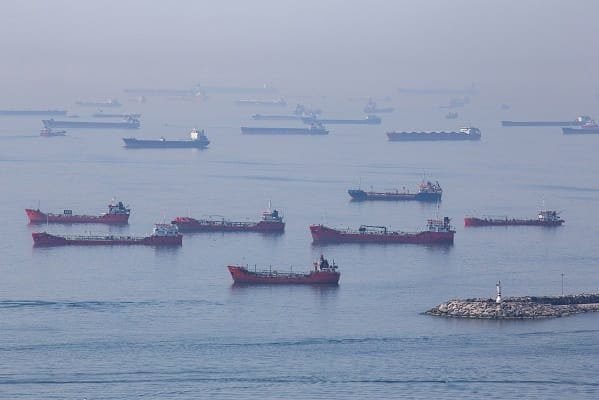The International Convention for the Safety of Life at Sea (SOLAS) was established as a response to the tragic loss of the RMS Titanic in 1914 and has since become a crucial part of maritime safety legislation. The SOLAS 1974 outlines international standards for the safe operation of ships traveling across international waters and has been continuously revised to keep up with technological advancements in the industry. The convention, administered by the International Maritime Organization (IMO), covers a wide range of areas related to shipping, including vessel construction, equipment onboard, and overall operations.
SOLAS has brought numerous benefits to shipping companies and vessels in the maritime industry. Compliance with SOLAS requirements has helped to reduce maritime accidents, enhance safety at sea, streamline operational procedures, and improve overall reliability of vessels. Additionally, adherence to SOLAS standards is necessary for accessing global markets, as compliant ships are less likely to be detained during port state controls and can maintain a positive reputation for safety and reliability. As new technologies are introduced, SOLAS will need to adapt to address challenges such as automation, digitalization, environmental considerations, climate change, security enhancements, and safety management.
Looking ahead, the future of SOLAS will involve continued adaptation to new technologies and challenges in the maritime industry. As the industry evolves with the introduction of AI and IoT, among other advancements, SOLAS will play a crucial role in ensuring the safety of crew and operations. Ongoing compliance with SOLAS is not only about meeting legal requirements but also about prioritizing safety and efficiency in the maritime industry. By adhering to SOLAS standards, shipping companies can enhance their reputation, minimize risks, and maintain a competitive edge in the global market.



